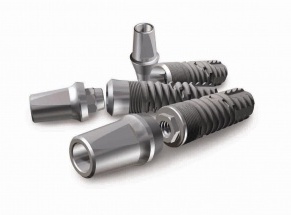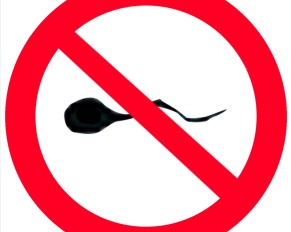In the realm of cosmetic enhancement, injectable skin treatments have emerged as a cornerstone for those seeking to diminish the…


In the realm of cosmetic enhancement, injectable skin treatments have emerged as a cornerstone for those seeking to diminish the…

Cervical spine surgery represents a beacon of hope for individuals grappling with debilitating conditions of the neck’s spinal region. This…

Many women burdened by the physical and emotional discomfort of overly large breasts. This procedure not only aims to alleviate…

Originally posted on: https://amazingposting.com/from-acne-to-aging-a-complete-skincare-guide-for-every-stage-of-life Navigating the vast world of skincare can be daunting, with every age bringing its unique…

The realm of cosmetic surgery, with its vast array of procedures designed to enhance and rejuvenate, offers significant benefits to…
Breast augmentation surgery, a cornerstone of cosmetic procedures, offers individuals the opportunity to enhance their physical appearance, bolster self-esteem, and…

Lip cancer, while less frequently discussed than other forms of cancer, presents a significant health risk that necessitates vigilant preventive…

Dental implants represent a significant advancement in restorative dentistry, offering individuals with missing teeth a durable and aesthetically pleasing solution…

Vasectomy, recognized for its efficacy as a permanent form of male contraception, involves a straightforward surgical procedure with a typically…

The journey towards understanding and addressing male fertility issues is a deeply personal and sometimes challenging process, underscored by the…